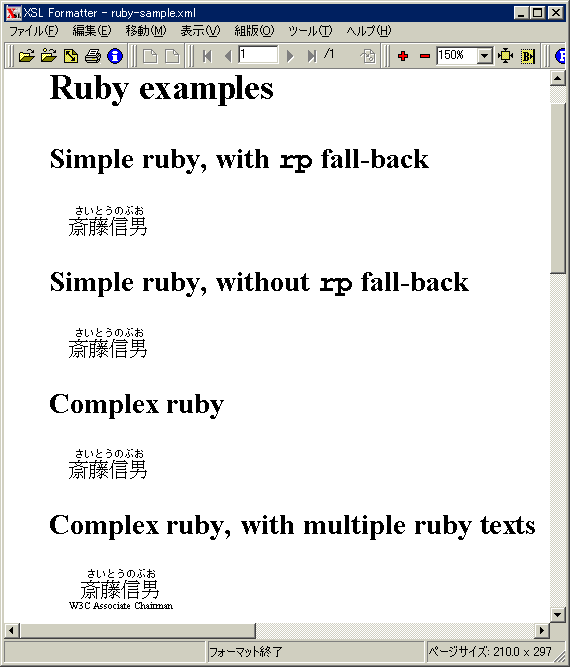

With this update, a global credential file is enough for multiple environments. You might also like: Rewrite Rules in Nginx The in-built feature of multi-environment credentials also facilitates one-way-time uploading of the encryption/decryption key to the server. Though this necessitates separate encryption keys per environment, this feature brings more safety and clarity. Instead of keeping one credential file to handle the secrets for all environments, separate credential files for each environment and point of deliveries are created. The Rails 6 version has taken further steps to improve the scalability of the rails framework by including multi-environment credentials. Handling multi-environment credentials in rails 6 Handling multi-environment credentials before rails 6īefore rails 6, credentials and configurations corresponding to all environments were saved in a one-way file, with the environment as a major key and multi-environment credentials were handled by specifying explicitly.Īnd the configuration was accessed by mentioning the access_key_id.

Yml file editor for ruby for free#
Try Engine Yard today and enjoy our great support and huge scaling potential for 14 days.ĭeploy your app for free with Engine Yard.
Yml file editor for ruby code#
This feature enabled deploying code and credentials together and also storing all credentials in one place. Ĭredentials were stored in config/ and the key was stored on config/master.key. Since then, only encrypted credentials were in place and the same were stored and accessed by two files: and master.key. With rails 5.2, the plain text credentials became obsolete. The encryption key enabled us to commit the secrets to the repository safely. In the 5.1 version, encrypted secrets were introduced, and were handled by the file along with the encryption key control.

Initially, there were two methods to handle secrets. Post version updates, handling secrets has become easier. Any rails program would have secrets to be stored, for at least the secret key base with tokens for third-party APIs.


 0 kommentar(er)
0 kommentar(er)
